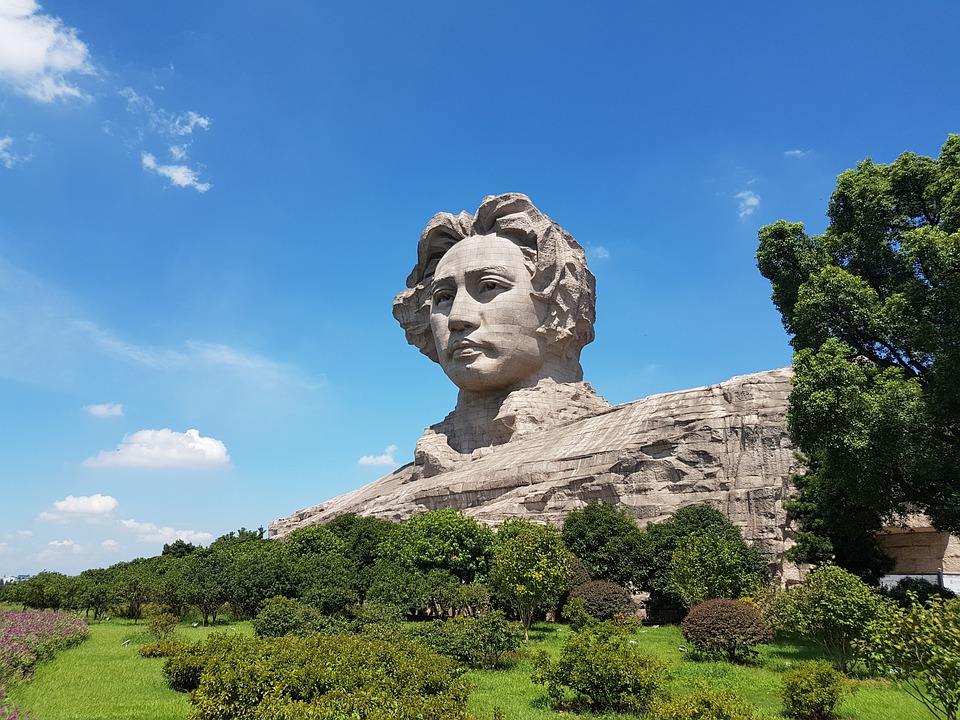Mao Zedong: The Architect of Communist China
When discussing the rise of Communist China, one man’s name stands out above all others – Mao Zedong. Born in 1893 in the small village of Shaoshan, Mao would go on to become one of the most influential political figures of the 20th century, shaping the course of Chinese history for decades to come.
Early Life and Revolutionary Beginnings
From a young age, Mao Zedong showed a strong sense of independence and a desire to rebel against the traditional norms of his time. He left his village at the age of 17 to pursue an education, eventually joining the revolutionary movement against the ruling Qing dynasty.
After completing his studies, Mao became actively involved in the political scene, joining the Chinese Communist Party in 1921. He quickly rose through the ranks, becoming a key figure in the party’s leadership and advocating for a radical, Marxist approach to revolution in China.
The Long March and Consolidation of Power
One of Mao’s most defining moments came during the Long March of 1934-1935, when he led the Communist forces on a grueling journey across China to escape the encroaching Nationalist army. Despite facing immense hardship and losing thousands of troops along the way, Mao emerged as the undisputed leader of the Communist Party.
With his newfound power, Mao began to implement his vision of a socialist society in China. He launched the ambitious land reform campaign, redistributing land from wealthy landowners to peasants, and took steps to modernize Chinese industry and agriculture.
The Great Leap Forward and Cultural Revolution
In 1958, Mao launched the Great Leap Forward, a massive economic and social campaign aimed at rapidly transforming China into a communist utopia. The campaign, however, was a disaster, leading to widespread famine and the deaths of millions of Chinese citizens.
Undeterred by the failure of the Great Leap Forward, Mao embarked on another radical campaign, known as the Cultural Revolution, in 1966. The movement aimed to purge Chinese society of “bourgeois elements” and promote Maoist ideology. It resulted in widespread chaos, violence, and the persecution of millions of people deemed to be enemies of the state.
Mao’s Legacy and Impact on China
Despite the devastating consequences of his policies, Mao Zedong remains a highly controversial figure in Chinese history. Many Chinese view him as a hero who liberated China from imperialist powers and transformed the country into a modern, socialist state. Others see him as a ruthless dictator who caused untold suffering and set back China’s development for decades.
One thing is clear, though – Mao’s impact on China is undeniable. His legacy can be seen in every aspect of Chinese society, from its political system to its economy and culture. Mao’s image still adorns public spaces across the country, and his ideology continues to influence Chinese politics to this day.
Conclusion
Love him or hate him, Mao Zedong’s legacy as the architect of Communist China cannot be ignored. His revolutionary zeal, ruthless tactics, and grand vision for a socialist society transformed China in ways that continue to shape the country’s destiny. While his policies may have had disastrous consequences, Mao’s impact on Chinese history is unquestionable.
As China continues to assert itself as a global superpower, the legacy of Mao Zedong remains a complex and contentious topic. Whether he is seen as a hero or a villain, one thing is certain – Mao’s influence on China will endure for generations to come.




